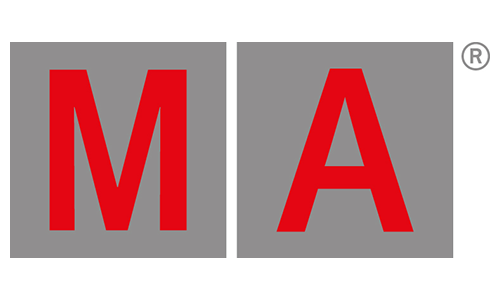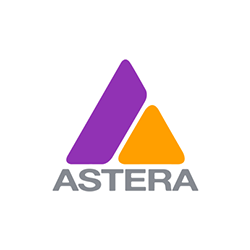World Book and Copyright Day
Today, Thursday, April 23rd, is the ‘International Ibro and Copyright Day’, declared in 1995 by UNESCO.
Unfortunately, due to the current circumstances it will not be possible to celebrate the III Jornada but we continue working so that the work of the author and creator in the scenic and lighting field is recognized. We leave you the videos of the first two days with speakers from different associations related to copyright.
The first day of copyright in the performing arts was attended by the Asociación de artistas Plásticos Escénicos de España (APPEE), at the Teatro de La Abadía. It counted with the participation of Begoña Cendoya, Lawyer associated with the law firm Nifled, advisor and legal consultant AAPEE. Javier Campillo Reino, President of FEMA (Federación de Músicos Asociados), Director of AIE (Sociedad de intérpretes y ejecutantes de España), collaborator of SGAE. César Iglesias, Lawyer at ICAM, with a degree in Law and Economics. Member of Legal Touch as lawyer in charge of the intellectual property area.
The second day, in collaboration with AAPEE, AEC (Asociación Española De Autores De Obras Fotográficas Cinematográficas), OISTAT España (Organización Internacional de Escenógrafos Técnicos y Arquitectos de Teatro), were present as speakers. Alexander Voronyuk, lawyer specializing in copyright, Fermín Cabal, writer and director belonging to the SGAE, Porfirio Enríquez, founder, former president and emeritus member of AEC, Jesús Cimarro and Marta Gomez, head of the legal department of AISGE (Artistas Intérpretes Sociedad De Gestión España).
UNESCO’s recommendations.
Adopt policies and measures to ensure that artists are remunerated for their creative work including those produced and distributed through digital media;
Recognize that artistic life and the practice of the arts have an international dimension and will take all appropriate measures to promote the unimpeded international mobility of artists, especially those from developing countries who need to travel to developed countries for professional reasons;
Recognize that most artists work independently, contractually or freelance and require access to social security, health insurance, retirement benefits and other social programs that are available to other categories of professionals;
Recognizing freedom of expression and communication as essential requirements for all artistic activities, and take measures to ensure that the protection provided by international and national legislation relating to human rights and fundamental freedoms is unequivocally granted to promote the diversity of cultural expressions.






